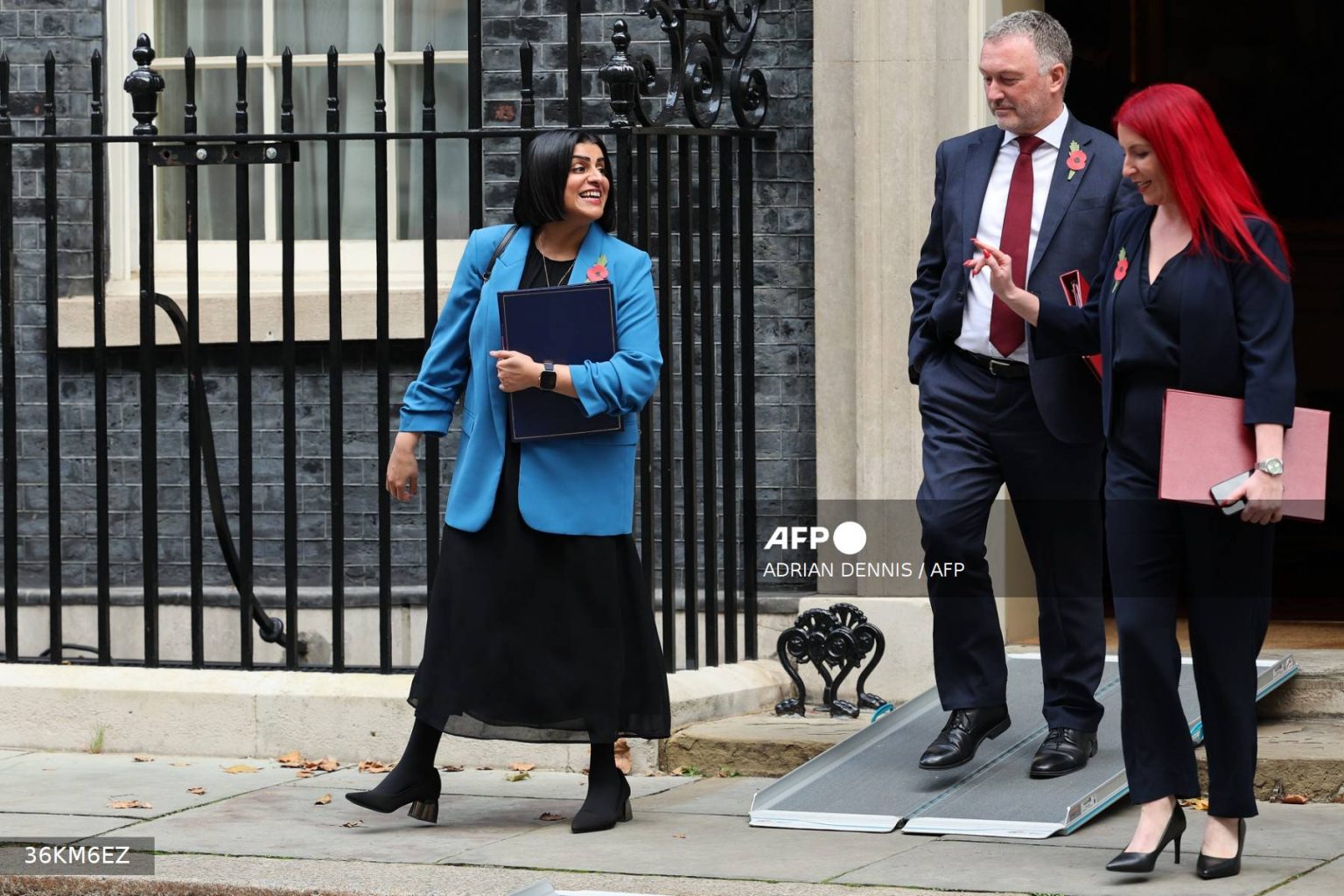
UK releases another 1,000 prisoners to ease overcrowding
As the government began reviewing sentence in an effort to alleviate long-term jail congestion, the UK was scheduled to release a second group of 1,000 inmates early on Tuesday.
Earlier last month, 1,700 convicts were released under the contentious scheme.
Justice Secretary Shabana Mahmood promised that previous errors that resulted in the erroneous release of 37 unsuitable inmates had now been "ironed out."
To guarantee that there is jail capacity available to house dangerous offenders, the assessment will take into account options for harsher non-custodial sentences for certain convicted criminals.
These consist of home detention curfews and "nudge" technology, such as watches or apps that promote adherence to rules set for offenders.
Some so-called non-violent offenders who have agreed with specific restrictions have been released under the early release program after serving 40% of their sentence rather than the customary 50%.
According to former Justice Secretary David Gauke, who is leading the study, 90% of people sentenced to prison are repeat criminals, and the prison population, which is currently at 89,000, is growing by 4,500 every year.
Mahmood said that a prison problem left over from the previous Conservative administration had compelled the government to implement the early release plan.
She claimed that once the new Labour government came to office in early July, its ministers found a jail system that was so close to "collapsing" that it might have caused "the breakdown of law and order in this country."
"We were down to less than 100 places nationwide in August of this year," she said on Sky News.
In 2019, while serving as a Conservative justice minister, Gauke maintained that there was a "very strong case" to do away with jail sentences of six months or less, with the exception of violent and sexual offences.
According to him, jails were "clearly… not working" given the present reoffending rates.
"This review will study how we can move our justice system out of crisis and towards a long-term, sustainable future, as well as what punishment and rehabilitation should look like in the twenty-first century," he continued.





